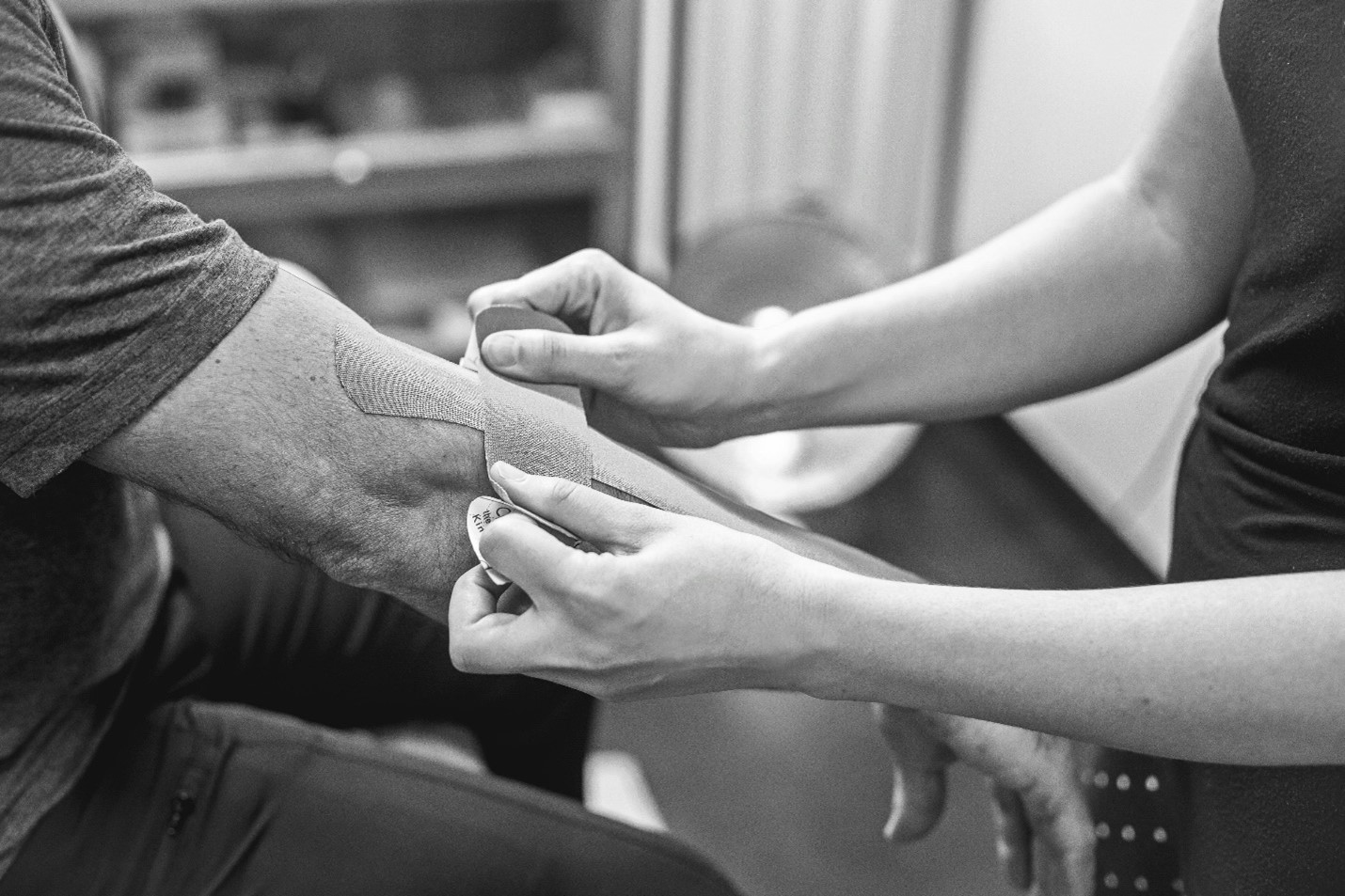What to Know Before Choosing a Rehab Program Abroad
- Updated on: Apr 11, 2025
- 4 min Read
By
- Published on Apr 11, 2025

In recent years, traveling abroad for addiction recovery has become a realistic and even preferred option for many people. With rising costs of healthcare and limited access to personalized treatment in some countries, individuals are looking for alternatives that are more affordable, discreet, and tailored to their unique needs. Countries like Thailand, known for their tranquil settings and world-class facilities, have gained popularity as destinations for those seeking help away from their usual environment.
Thailand stands out for more than just its peaceful beaches and lush surroundings. It’s also home to rehab centers that combine professional care with holistic approaches in a setting that promotes both healing and reflection.
If you’re considering a rehab program outside your home country, it’s important to weigh several factors carefully. Cost is usually the first thing that comes to mind and for good reason. Let’s start by breaking down what you can expect in terms of pricing and value when looking into international treatment options.
Understanding the Costs: What You Get for Your Money
Affordability is often one of the main reasons people begin exploring rehab options abroad. In countries like the United States or the UK, the cost of inpatient rehab can be prohibitively high. For individuals or families funding treatment out-of-pocket, this financial pressure can quickly become overwhelming, especially when high-quality care is out of reach.
By contrast, several international destinations offer exceptional treatment at far more accessible rates. Thailand, in particular, has become a trusted choice for those seeking private, comprehensive rehab that doesn’t cut corners. Many of the leading centers there offer all-inclusive programs covering accommodation, meals, one-on-one therapy, medical support, and even wellness activities like yoga, meditation, and nutrition counseling, all set within peaceful, resort-like environments.
If you’re curious about pricing, reviewing the Thailand rehab cost can give you a clear picture of what’s typically included. One of the standout advantages is the focus on individualized treatment plans. Rather than a one-size-fits-all model, many rehab centers in Thailand tailor their approach to each person’s unique needs, whether you’re dealing with alcohol dependency, drug addiction, or co-occurring mental health issues. This level of personalization helps create a recovery journey that’s both meaningful and effective without the hefty price tag you might expect elsewhere.
The lower cost isn’t a sign of lower standards. It reflects differences in healthcare systems, staffing costs, and living expenses. In many ways, it opens the door to world-class care in a setting that supports real, lasting change.
Accreditation and Staff Qualifications
While cost is important, it shouldn’t be the only thing guiding your decision. The quality of care you receive depends heavily on the expertise and professionalism of the staff. That’s why it’s essential to confirm whether the rehab facility is licensed and accredited by recognized health authorities.
Look into the backgrounds of the therapists, counselors, and medical team. Do they have experience treating addiction and co-occurring disorders? Are they trained in evidence-based approaches? Some facilities abroad employ bilingual or multilingual staff, which can be helpful if you’re traveling from an English-speaking country and want to ensure smooth communication.
Accreditation also assures you that the center meets international standards for safety, ethics, and patient care. Reputable rehab centers will have this information readily available and will answer any questions you have without hesitation.
Treatment Approaches and Program Types
Not every rehab program works the same way. Before choosing a facility, take some time to understand the types of treatment they offer. Some centers follow the traditional 12-step model, while others take a more holistic or science-based approach. You’ll also find programs that combine several methods, offering a personalized plan for each patient.
Consider what’s most important to you or your loved one. Do you need medical detox, trauma-informed therapy, or family counseling? Would you benefit from mindfulness training, fitness programs, or art therapy as part of your recovery journey? A program that aligns with your preferences and goals will make it easier to stay committed and motivated throughout your stay.
Environment and Cultural Fit
The environment plays a big role in healing. A calm, natural setting can help you feel more relaxed and open to change. That’s one of the reasons Thailand is such a popular location for rehab—it offers serene beaches, lush greenery, and a slower pace of life that can make a big difference in your recovery experience.
At the same time, cultural comfort is important. Make sure the facility you choose understands your background and can accommodate your needs. Language, food, and daily routines should feel manageable, especially if you’re far from home. Some people enjoy immersing themselves in a new culture during treatment, while others prefer a setting that feels more familiar. Think about what would make you feel most at ease and supported.
Travel Logistics and Legal Considerations
Traveling abroad for rehab involves more than just booking a flight. Before you make any decisions, check the visa requirements for the country you plan to visit. Many countries, including Thailand, offer visa options for medical travel, but it’s essential to confirm the details to avoid any last-minute complications.
You’ll also want to think about travel insurance. Some policies cover aspects of medical treatment abroad, while others may not include rehab stays. Make sure to speak with your insurance provider and get clarity on what’s covered.
In addition, consider the length of the program and how travel time factors into your schedule. If you’re bringing a loved one or plan to have someone visit you during your stay, look into accommodation options and local transportation. Planning ahead can ease your mind and allow you to focus fully on your recovery once you arrive.
Aftercare and Long-Term Support
Rehab is only the beginning of the recovery journey. What happens after you leave matters just as much as the time spent in treatment. A strong aftercare plan helps you stay on track, avoid relapse, and continue your progress back at home.
Ask whether the facility provides ongoing support such as virtual therapy sessions, alum groups, or relapse prevention tools. Some rehab centers offer online check-ins or partner with local providers in your home country to ensure continuity of care. The more connected you feel after your program ends, the better your chances of maintaining the progress you’ve made.
Having a long-term plan in place also gives you peace of mind as you reintegrate into your daily life. Whether you’re returning to school, work, or your family routine, that extra layer of support can make all the difference.
Take your time to research, ask questions, and compare options. Talk to people who have gone through similar programs, read reviews, and trust your instincts. The goal is to find a place where you feel safe, respected, and supported so you can focus on what really matters: healing and starting fresh.
When you find the right fit, a rehab program abroad can offer a powerful combination of professional care, personal growth, and a renewed sense of purpose. And sometimes, the best place to begin again is somewhere completely new.












